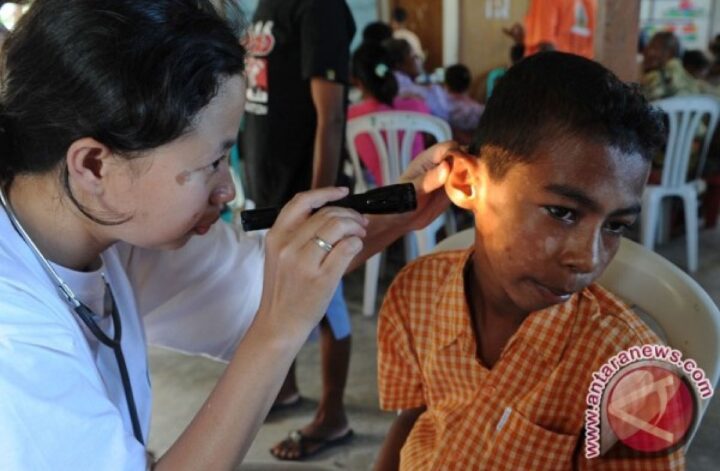Anemia is a condition characterized by a lack of healthy red blood cells in the body, which can lead to fatigue, weakness, and other serious health problems. It is particularly common in young children, with around 50% of children under five years of age being affected by anemia worldwide. This is why it is crucial to ensure that children receive adequate nutrition during the first five years of life to prevent anemia and promote overall health and development.
One of the key nutrients that children need to prevent anemia is iron. Iron is essential for the production of hemoglobin, the protein in red blood cells that carries oxygen throughout the body. Without enough iron, the body cannot produce enough healthy red blood cells, leading to anemia. Children between the ages of six months and five years are at a particularly high risk of iron deficiency because their bodies are growing rapidly and they may not be getting enough iron from their diet.
To prevent anemia and ensure that children receive adequate iron, it is important to provide them with a balanced diet that includes iron-rich foods such as lean meats, poultry, fish, beans, lentils, and fortified cereals. It is also important to include foods that are high in vitamin C, as vitamin C helps the body absorb iron more effectively. Fruits such as oranges, strawberries, and kiwi are good sources of vitamin C and can be easily incorporated into a child’s diet.
In addition to iron and vitamin C, children also need other nutrients such as folate, vitamin B12, and zinc to prevent anemia. Folate and vitamin B12 are important for the production of red blood cells, while zinc helps the body absorb and use iron effectively. Foods such as leafy green vegetables, eggs, dairy products, and whole grains are good sources of these nutrients and should be included in a child’s diet on a regular basis.
In addition to a healthy diet, it is also important to ensure that children receive regular check-ups with a healthcare provider to monitor their growth and development. If a child is found to be at risk for anemia, their healthcare provider may recommend iron supplements to help prevent or treat the condition. It is important to follow the provider’s recommendations and to continue to provide a balanced diet to ensure that the child receives all the nutrients they need to stay healthy.
In conclusion, it is crucial to provide children with adequate nutrition during the first five years of life to prevent anemia and promote overall health and development. By including iron-rich foods, vitamin C, folate, vitamin B12, and zinc in a child’s diet, parents can help ensure that their child receives the nutrients they need to thrive. Regular check-ups with a healthcare provider and, if necessary, iron supplements, can also help prevent anemia and support a child’s growth and development. By taking these steps, parents can help give their child a healthy start in life and set them up for a lifetime of good health.




